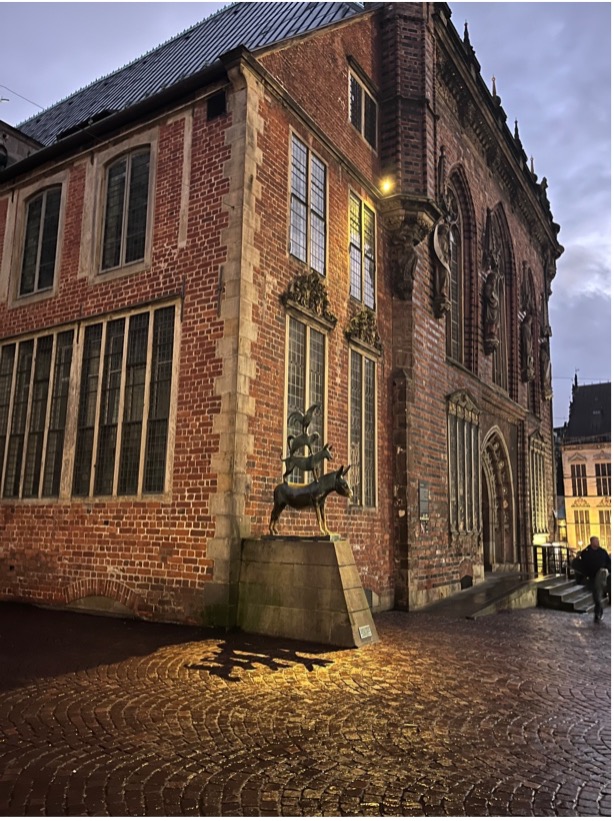ARU PGRs Alice Jackman and Kathleen Gentle organised a PGR and ECR conference on Elizabeth Gaskell after winning funding from the British Association of Victorian Studies (BAVS). Included below is the report they wrote for the BAVS newsletter, reflecting on the day.
We used a BAVS funding grant to arrange an Elizabeth Gaskell conference at Anglia Ruskin University. The event took place on 15th June 2023. Thanks to the grant, we were able to arrange a full day conference to examine Elizabeth Gaskell’s works and life. The grant enabled us to make attendance free, provide full catering, and to provide travel bursaries. We also made the conference hybrid to open the conference to variety of speakers from all around the world, and to attendees unable to come in-person. Both of us are second year PhD students so arranging the conference was a wonderful (and at times, difficult!) challenge but it was a thoroughly rewarding experience.
We wanted to conference to be diverse and were keen to welcome anyone interested in Gaskell: there was a variety of attendees – from PGRs to established academics to Gaskell enthusiasts! We opened registration in late April and received over seventy responses; there was an equal divide between those wishing to attend online and in-person. We used the BAVS grant to arrange catering, travel bursaries for speakers and attendees and room booking for the day.
We organised four panels of four speakers each; first was ‘Discourse and Dissent’, second ‘Gender and Sexuality’, third ‘The Body’ and finally ‘Trade and the Environment.’ To make our conference relevant to wide range of PGRs, we also organised a roundtable called ‘Teaching Victorian Literature’ with Dr Elizabeth Ludlow (Anglia Ruskin University), Dr Simon Marsden (University of Liverpool) and Dr Jo Carruthers (University of Lancaster). The roundtable was aimed at giving PGRs and ECRs an insight into teaching and organising modules at a university level. There is not enough space to list all the excellent, well-researched papers here but a highlight for Kathleen was Rosa Ortiz’s (University of Oviedo) paper ‘“Thou canst escape from it” Male Prophecies in ‘Lois the Witch’ and Mary Barton’ which examined prophetic rhetoric in Gaskell’s works and how it is used to entrap young women. Alice very much enjoyed ‘The Queerness of Libbie Marsh’ from Jessica Campbell. Finally, it would be remiss not to mention the fascinating keynote speech given by Dr Jo Carruthers on ‘Political Gaskell’ examining the ways Gaskell engaged with speech, feeling and politics in her novels.
The conference was a successful day. Speakers and attendees had plenty of time to connect with each other and form new working relationships. The feedback from both attendees and speakers has been excellent.

